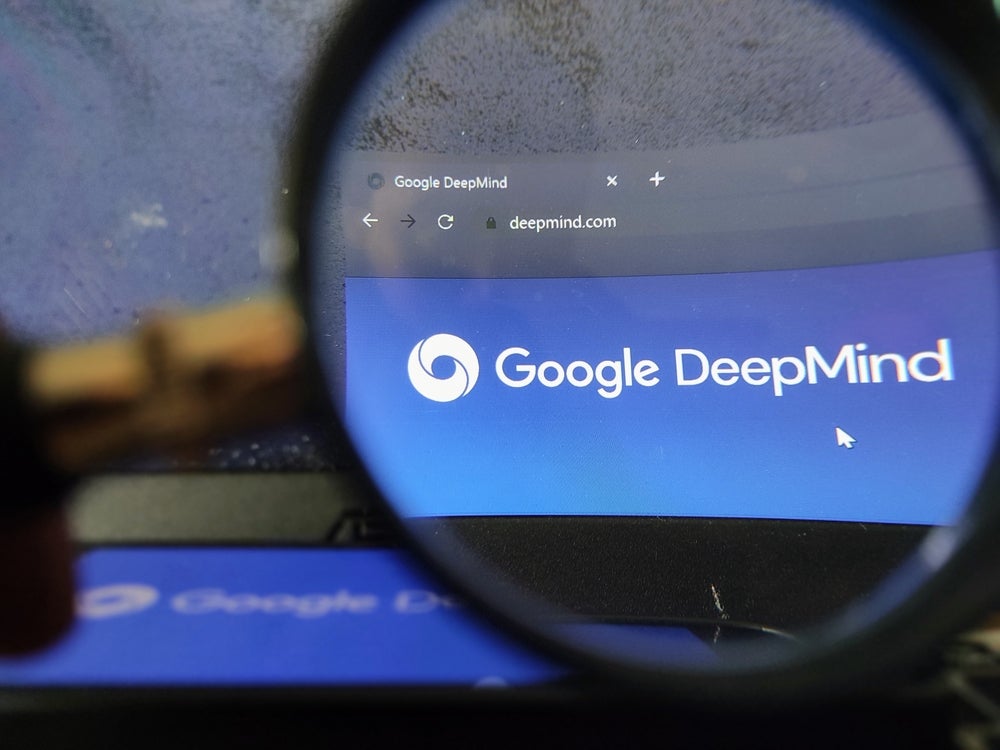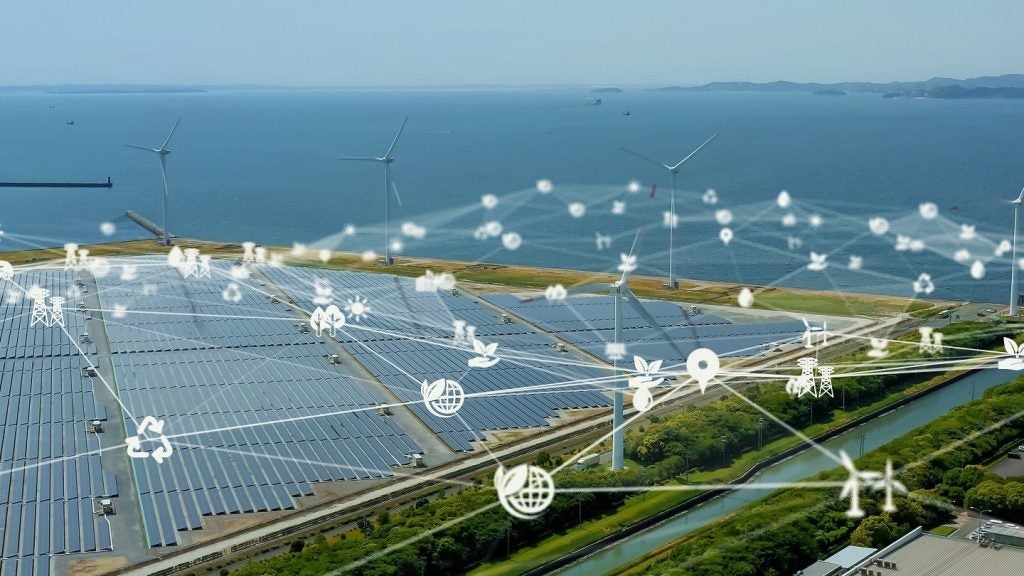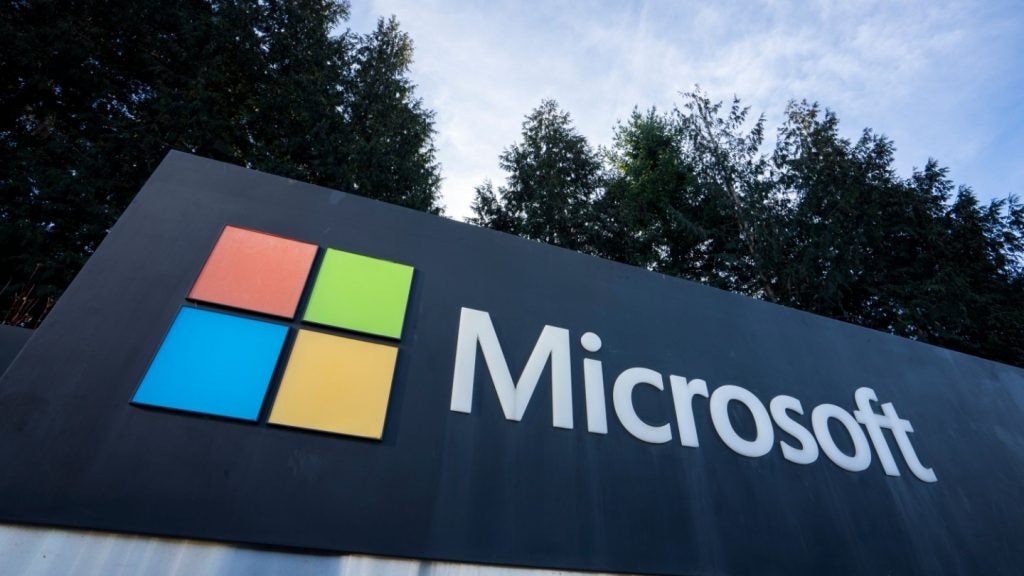
The UK is only present in around 3-7% of cutting-edge science and technology advances, according to research by Professor Paul Nightingale and Dr James W. Phillips. Without Google’s DeepMind, the UK’s share of citations amongst the top 100 recent AI papers falls from 7.84% to just 1.86%.
The research found that science and technology advances depend on a small number of atypical organisations like the Cambridge Laboratory of Molecular Biology and DeepMind. A single institution such as MIT or DeepMind could be found to match or exceed the UK’s academic performance as a whole.
The research was cited in a joint report published on Monday (June 14) by former UK prime minister, Tony Blair, and former Conservative party leader, William Hague, in which they bemoaned the UK’s readiness to cope with the accelerating economic and societal disruptions of artificial intelligence (AI).
As reported by Verdict, the pair said that the UK was lagging behind in AI research and development, as other countries were making great leaps forward – such as the release of GPT-4 by US-based OpenAI – and that there was a danger the country might never catch up.
In particular, they pointed out that “UK’s enterprise is overly dependent on a single US-owned and funded entity, Google DeepMind.” Blair and Hague observed that the new Foundation Model (or AI) Taskforce’s initial allocated budget of £100m amounts to less than a tenth of Google DeepMind’s annual budget, and will be insufficient to cover investments in talent-recruitment programmes, direct-research programmes, procurement of semiconductors, and the building or renting of physical infrastructure.
Zeta Alpha, a neural discovery platform, found that the UK contributed just 16 papers to the top 100 most cited AI papers in 2022, compared to the US’s 68 and China’s 27. Of these 16 papers, 11 were authored by Google’s DeepMind. Google, more broadly, authored 22 of the most-commonly cited papers, outpacing Meta and Microsoft with 16 and 8 papers respectively.
How well do you really know your competitors?
Access the most comprehensive Company Profiles on the market, powered by GlobalData. Save hours of research. Gain competitive edge.

Thank you!
Your download email will arrive shortly
Not ready to buy yet? Download a free sample
We are confident about the unique quality of our Company Profiles. However, we want you to make the most beneficial decision for your business, so we offer a free sample that you can download by submitting the below form
By GlobalDataTo remedy the US and China’s AI R&D monopoly, Blair and Hague recommend the creation of “Sentinel”, a national laboratory effort focused on researching and testing safe AI that could become the “brain” of international and national AI regulation.
A short history of Google’s DeepMind
DeepMind CEO and neuroscientist Demis Hassabis founded the company in 2010 alongside Shane Legg, a machine-learning researcher, and childhood friend and Oxford-dropout Mustafa Suleyman.
In an interview with The Guardian, Hassabis said that his aim was to produce “a meta-solution to any problem”.
In 2014, Google made its largest European acquisition to date when it bought the London-based start-up for £400m. Specialising in reinforcement learning and deep learning, the company would prove an important asset for Google, whose bread and butter is in data-mining.
In 2016, DeepMind created AlphaGo, a programme that defeated the world champion Lee Sedol at the highly complex Chinese board game Go. Shortly after this milestone, DeepMind established a small team to begin work on protein structure prediction.
In 2020, DeepMind’s AI system, AlphaFold, made a breakthrough in drug discovery by predicting how proteins fold into different shapes with three-times more accuracy than the next best system.
In April 2023, Google’s parent company, Alphabet, announced that it was merging its internal AI research team, Google Brain, with DeepMind, possibly signalling the end of the latter’s independent existence. Google’s CEO, Sundar Pichai, said that the merger would bring “together two world-class AI teams” that “will accelerate our progress in AI and help us develop more capable AI systems more safely and responsibly.”







